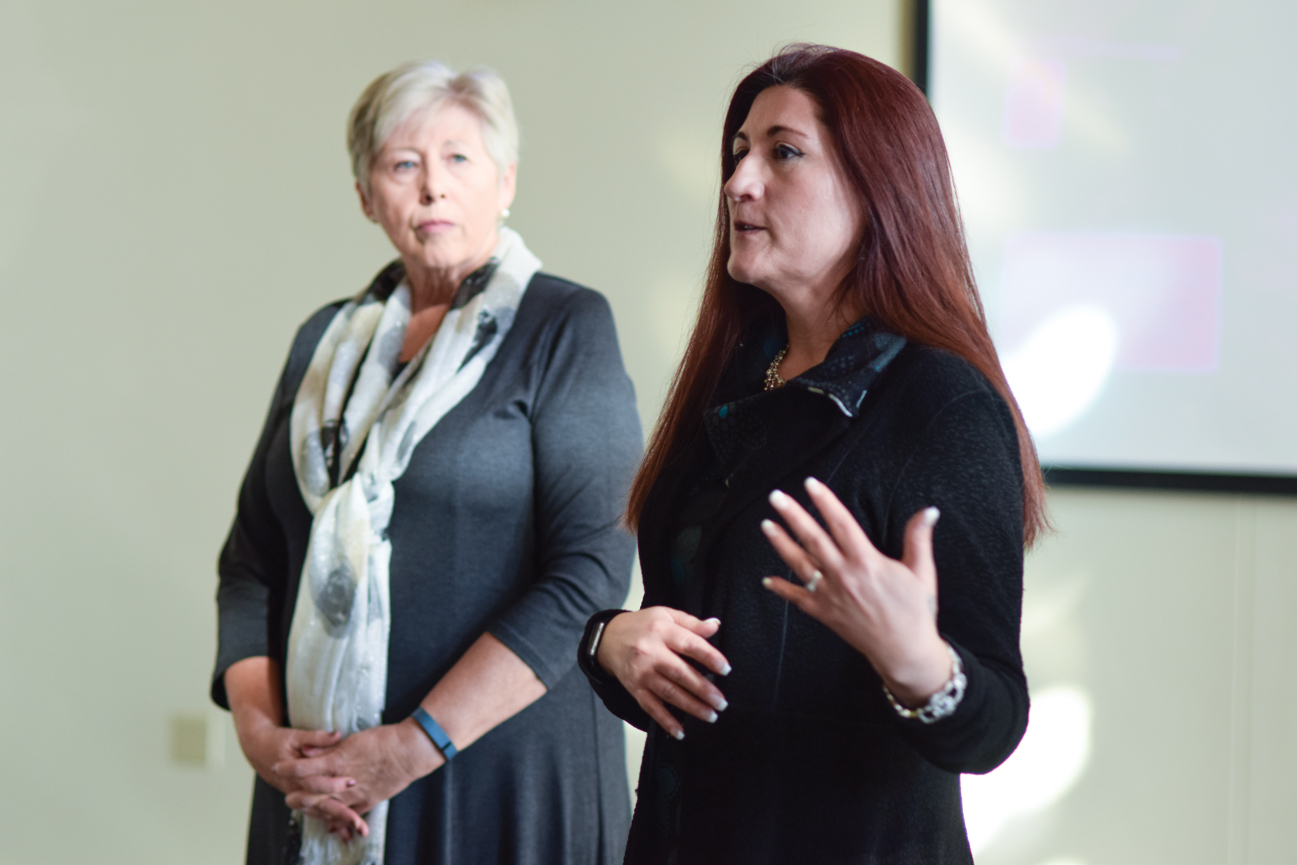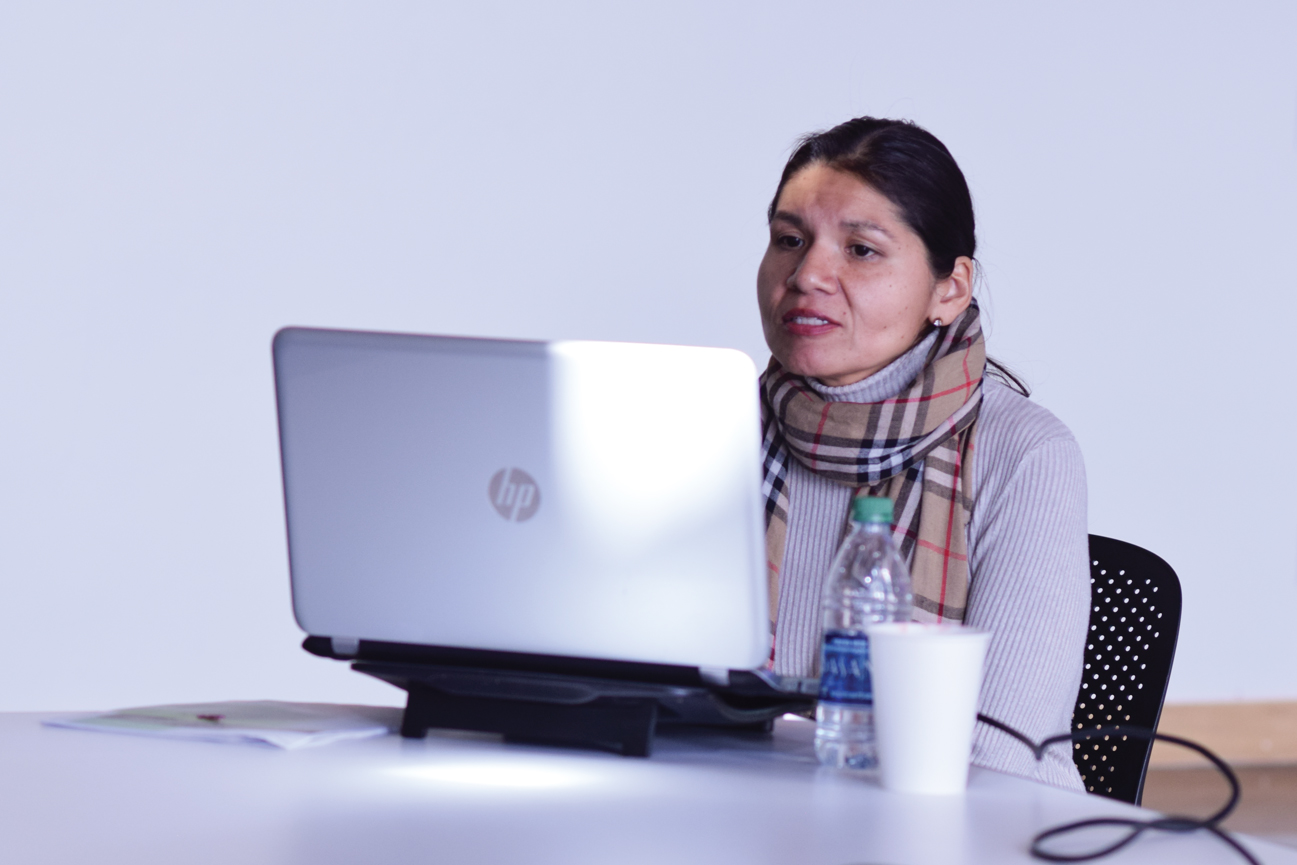In an effort of accompanying family support for tribal members on the reservation, the Southern Ute Education Department, Tribal Courts, and Tribal Council have introduced Family Group Decision Making (FGDM) – a therapy alternative for families who feel they are struggling with issues. These include child safety, adult/elder safety, court involvement, juvenile delinquency, truancy/education issues, disability issues, substance abuse, and family self-referrals. It involves a voluntary meeting with a therapist or healer, and allows the family members to come together in a supportive way in order to create the best solutions possible.
Tribal Council has been considering FGDM since the late Chairman Jimmy R. Newton was in office. Chairman Clement J. Frost, who showed rousing support for FGDM stated, “Our family, our children, they are what make us who we are. We have these issues that we struggle with, but also feel there’s no one who can help. This will allow those to seek the help they need. As native people, we must keep our community strong.”
“Several of my co-workers talked about how many families want to make healthy decisions for themselves. We’ve been working with Tribal Council for years, and we’re very happy we got to this point, ”Barbara Pevny, Southern Ute Family Court Therapist added.
If a family wishes to schedule a meeting, a referral to FGDM must first be made. Once that’s done, a coordinator will contact the family, where they decide who they want to invite to their meeting. At the meeting, the family will meet with a trained facilitator who will guide the meeting in a healthy manner as the purpose and goals are stated. The facilitator can be chosen by the family and will additionally write up the final family plan, where it will be presented, reviewed, and strengthened. All families will have the rights to confidentiality (unless otherwise mandated), choose who participates, spiritual belief/cultural ritual respect, and the right to opt-out of FGDM entirely.
FGDM coordinator, Charise Hunter, will contact the families and set up the appropriate meeting times.
“I help get information from families as well as talk to them,” she said. “I help set up all the linguistics. It’s completely family centered, and we accommodate you on your own time. This is your family, your meeting.”
“I think it’s good for the community to know that we have educated tribal members who are running this treatment,” added Latitia Taylor, higher education director. “Tribal Council really supports this program. Chairman Frost really wants this to happen – for us to take care of our families and ourselves.”
Chief Judge Chantel Cloud showed gratification with this new opportunity for families seeking help.
“If you can catch these issues quickly, then you can get help sooner. I’m passionate about it because I’m a tribal member. This community is full of my family and friends. I just want to see them all live healthy. We hope this program will give people more power to make these decisions.”




